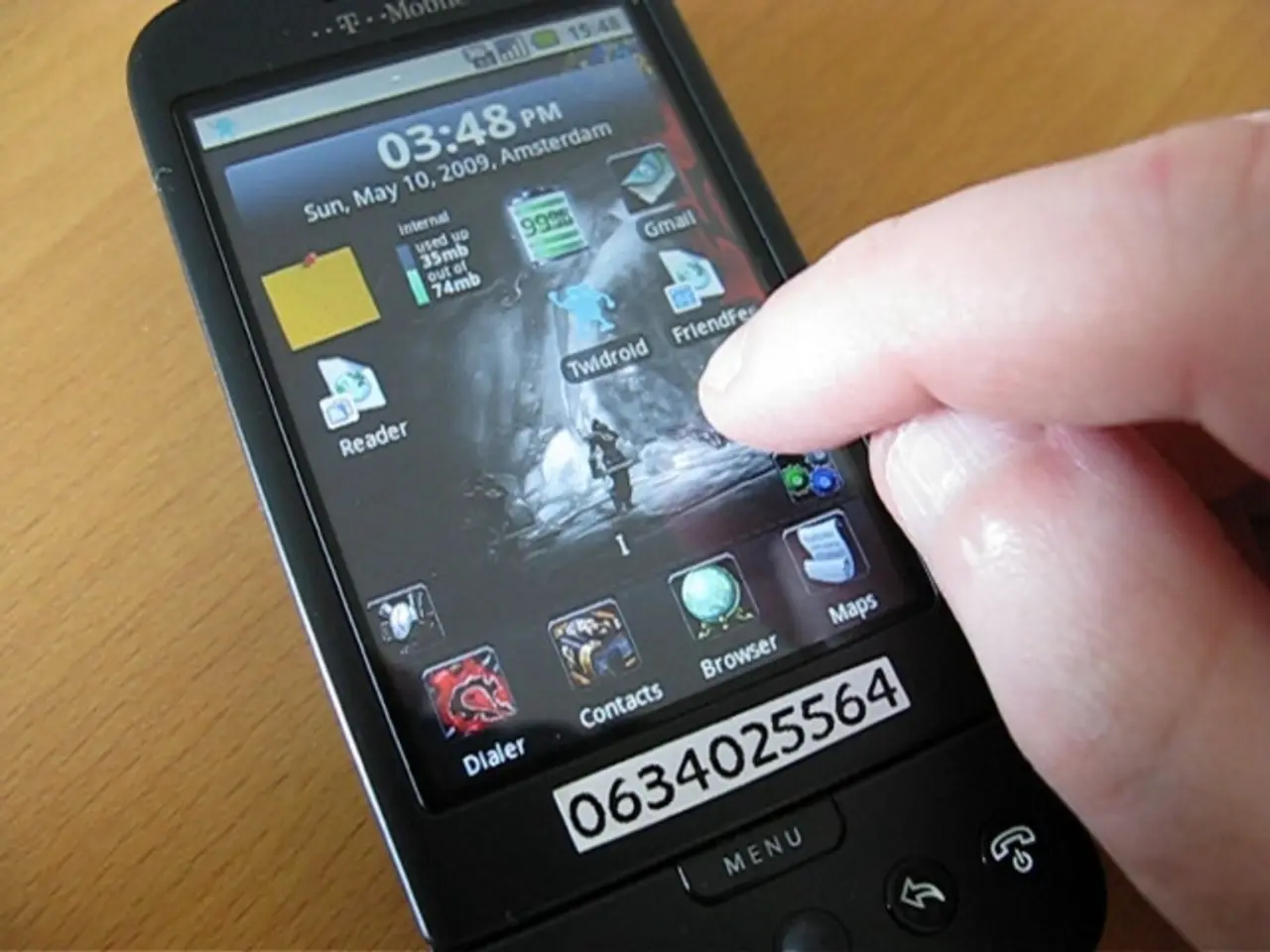Impulse Buys via App Purchases: Parents Often Not Liable for Children's Spending
In the digital age, children's mobile and computer games can often lead to unexpected expenses due to in-app purchases. However, parents can take several steps to prevent costly surprises on their bills.
Firstly, activating device-level purchase restrictions and disabling in-app purchases is a crucial step. On Apple devices, parents can do this via Settings > Screen Time > Content & Privacy Restrictions > iTunes & App Store Purchases > In-App Purchases and set it to "Don't Allow." They can also require a password for every purchase or remove the payment method from the device. Additionally, enabling Apple's Family Sharing feature with "Ask to Buy" allows children to request approval from parents before any purchase is made.
On Android devices, parental control apps such as Kids Place can block unapproved apps, restrict purchases from Google Play, and prevent new app downloads, offering a safe and monitored environment for kids to play.
Parents should also be vigilant and employ third-party parental control apps for additional oversight.
Between the ages of 7 and 18, children and young people are at least partially legally competent and need parental consent for valid contracts. However, in cases of doubt, the burden of proof lies with the parents if children have used their access or credit card data for in-app purchases. If children have made a purchase unsupervised, parents should object as soon as possible.
In general, parents are accountable for charges incurred on their accounts or devices. If the amount spent is too high or a subscription has been concluded, the so-called pocket money paragraph does not apply. Even free mobile and computer games like Fortnite, Brawl Stars, or Clash of Clans can lead to expensive bills due to in-app purchases.
Alexander Wahl from the European Consumer Centre Germany (EVZ) states that games encourage spending money. If the child plays over your account, remove the stored data or lock it in the app store. Avoiding automatic billing via the phone bill (carrier billing) can help prevent unexpected expenses.
In summary, parents can effectively prevent costly in-app purchases by activating device-level purchase restrictions, using password protection and purchase approval features, removing or limiting stored payment methods, employing third-party parental control apps for additional oversight, and being vigilant about their children's gaming activities.
Legally, parents are generally accountable for purchases on their accounts but can often seek refunds for unauthorized expenses if they have taken reasonable measures to control access. Awareness of platform policies and local laws is advisable. Children under 7 years old in Germany are not legally competent and cannot conclude valid contracts like in-app purchases. If the courts assume that the parents have tolerated the expenses, it is essential to object as soon as possible.
Read also:
- Budget cuts at federal and state levels jeopardize advancements in fighting HIV and AIDS within Dallas County
- Strategies for Maintaining and Boosting Physical Activity as You Grow Older
- Understanding Prediabetes: A Precursory Condition to Diabetes
- Strategies for Strengthening a Nigerian Infant's Immune System




